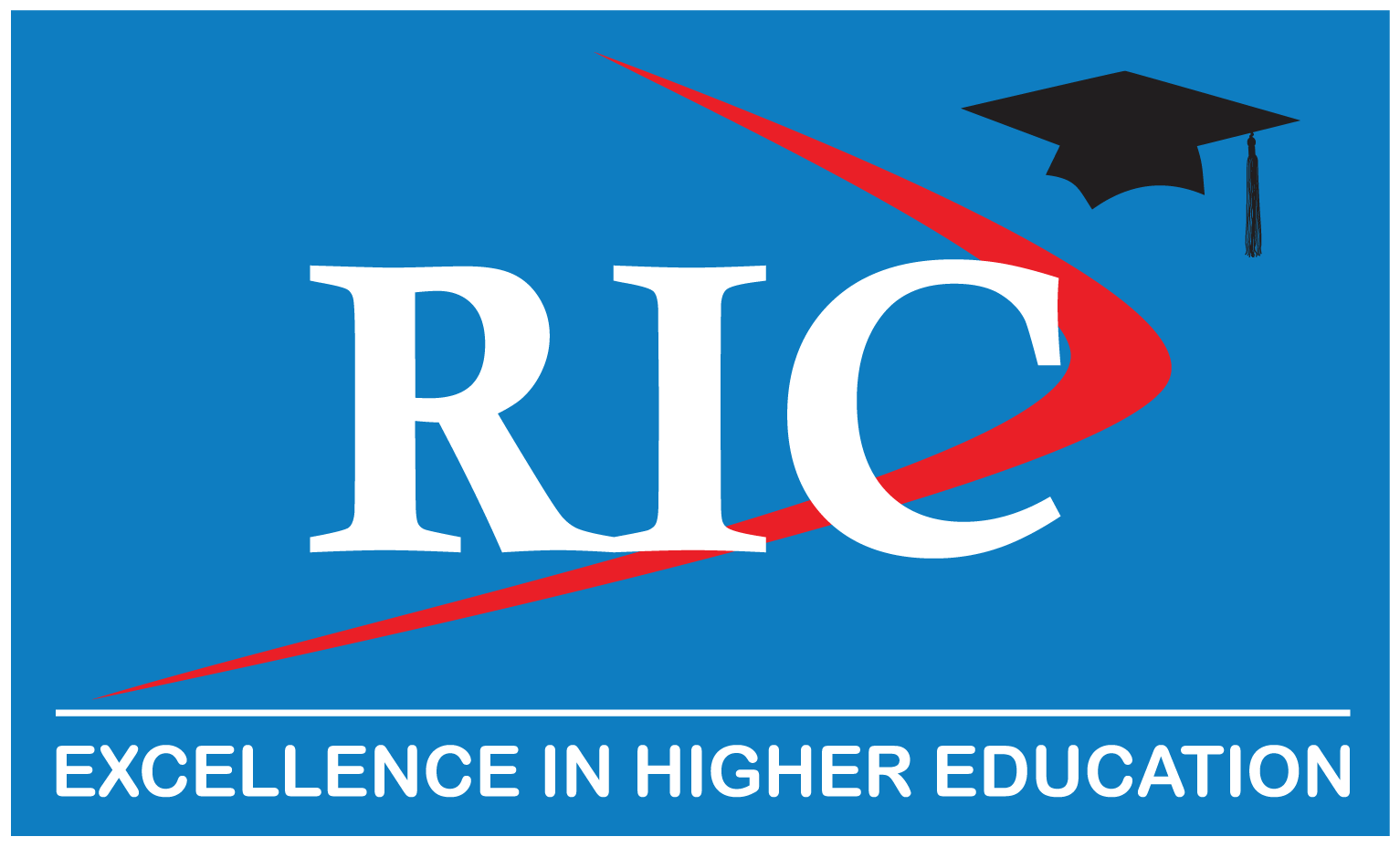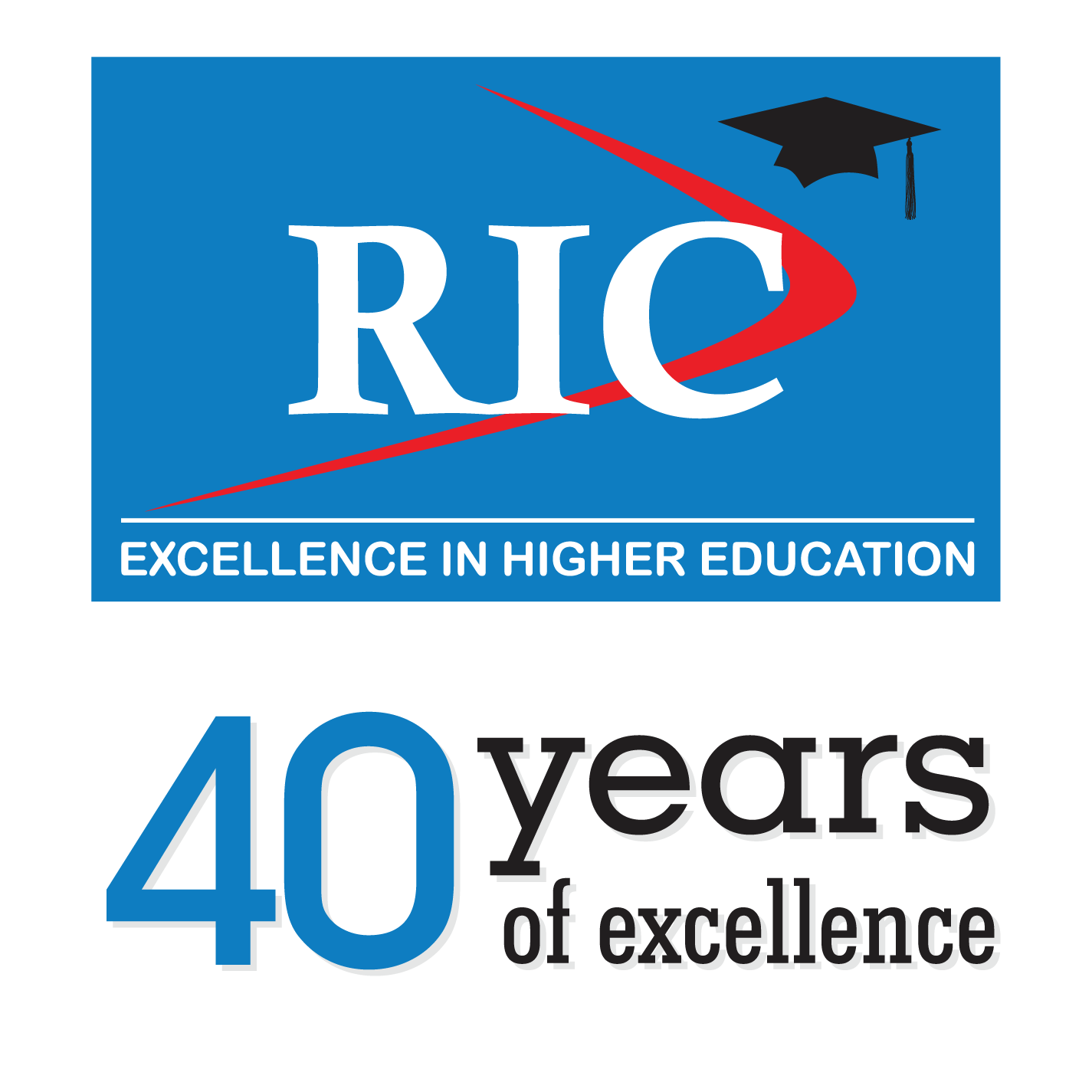The Bachelor of Science (Honours) Degree in Biomedical Sciences
A Roadmap to Success
At Royal Institute of Colombo (RIC), academic excellence forms the cornerstone of the educational framework. Our institution prides itself on offering degree programmes that meet global standards, equipping students for success in their chosen careers. RIC stands out for its exceptional partnerships and commitment to higher education. Particularly noteworthy is our exclusive decade-long partnership with Deakin University in Australia, providing a unique pathway to their Bachelor of Biomedical Science programme. This collaboration has produced hundreds of graduates who are currently excelling in fields such as nursing, research, medicine, and academics.
Within this dynamic realm of academic exploration, RIC proudly introduces its distinguished Bachelor of Science (Honours) Degree in Biomedical Sciences, unlocking limitless potential in the field of health sciences. Here are some key highlights of our programme:
- The comprehensive degree programme is structured over a four-year period and developed with 120 credit points.
- The approval by the Ministry of Higher Education and recognition by the University Grants Commission in Sri Lanka validate the programme’s adherence to academic quality standards and ensure that graduates hold qualifications that are respected and valued in the academic sphere.
- Our degree programme serves as a guiding beacon for aspiring leaders in the dynamic field of biomedical sciences, skillfully linking theoretical knowledge with practical, hands-on experiences.
Join us as we explore how this exceptional curriculum shapes the next generation of leaders in scientific exploration.
The Essence of Biomedical Science
Biomedical science is a holistic approach to investigate the human body’s functioning, from the cellular level to broader systemic interactions. It’s not just about diagnosing diseases but also understanding the underlying causes, discovering potential treatments, and advancing preventive measures. The core of biomedical science lies in diverse scientific disciplines, blending biology, medicine, and health sciences to explore the workings of the human body. It explores the physiological, molecular, and genetic aspects that control our health, exploring the mechanisms behind diseases and wellness. The core of biomedical sciences goes beyond the laboratory; it extends to real-world applications, promoting critical thinking, problem-solving, and research skills aimed at applying knowledge to improve lives.
Curriculum Overview
- The curriculum of biomedical science at RIC is developed to provide a holistic understanding of human biology, emphasizing both theoretical knowledge and practical applications. At its core, students will investigate fundamental subjects like anatomy, physiology, genetics, microbiology, and biochemistry. These foundational courses form the bedrock upon which advanced studies are built.
- Moving beyond the basics, students will be exposed to specialized areas such as immunology, pharmacology, pathology, genetics, and molecular biology. These advanced modules offer profound insights into disease mechanisms, therapeutic interventions, and cutting-edge research methodologies. Additionally, the curriculum also includes modules on bioinformatics, biotechnology, and translational research, ensuring students updated with the latest technological innovations and methodologies.
- Hands-on laboratory experiences are an integral part of the curriculum, allowing students to apply theoretical concepts in practical settings. They will engage in experiments, data analysis, and research projects, refining their analytical skills and scientific insight. Moreover, exposure to clinical settings and internships provides valuable real-world experience, bridging the gap between academia and practical healthcare scenarios.
- Interdisciplinary collaborations form a key aspect of the curriculum, promoting teamwork and encouraging diverse perspectives. Students can often collaborate with professionals from a wide range of sectors, including medical, engineering, and public health, to address multiple health concerns.
Hands-on Learning and Research Opportunities
Hands-on learning and research play an important role in the field of biomedical science. Within our esteemed institute, RIC, our dedicated labs-bioscience/chemistry, microbiology, and physics-serve as dynamic spaces where theoretical concepts converge with practical applications.
- In our bioscience/chemistry labs, students will engage in experiments exploring the workings of biological systems and chemical reactions. From studying cellular structures to investigating chemical processes, these labs offer a platform for students to witness firsthand the principles they’ve learned in the classroom.
- Within the microbiology lab, students explore the microscopic world. They study the diverse realms of microorganisms, their behavior, and their impact on health and disease.
- The physics lab provides an environment for students to delve into the fundamental laws of the physical world.
These labs aren’t just spaces for experimentation; they’re hubs for discovery and innovation. They provide students with the opportunity to apply their theoretical knowledge, conduct experiments, analyze data, and draw conclusions-a crucial aspect of their academic journey.
Student-Centric Approach and Support
The RIC adopts a student-centric approach, ensuring a supportive and conducive learning environment. Faculty members are dedicated to guiding and mentoring students, promoting an atmosphere of academic excellence and personal growth. It’s not just about delivering education; it’s about promoting an environment where each student feels supported, encouraged, and equipped to thrive in the field of biomedical science.
A Gateway to Endless Possibilities
Upon completion of the programme, graduates acquire a versatile skill set highly valued across diverse sectors. They can explore career paths in healthcare (such as medical laboratory technologist or pharmacist), research (roles like research scientist or microbiologist), academia (positions as research assistants or demonstrators at universities), industry (roles encompassing laboratory technicians or quality managers), and specialized roles (including biotechnology specialists, healthcare administrators, or clinical research coordinators). They can also venture into international opportunities like clinical science, biomedical consultancy, or healthcare specialization roles. Additionally, this programme acts as a pathway for advanced academic pursuits in biotechnology, pharmaceutical sciences, genetics, public health, and beyond, providing graduates with an extensive range of career prospects.
Get in Touch: Your Pathway to Biomedical Excellence Begins Here!
Entering the world of higher education is a thrilling journey, and at RIC, we strive to make this transition seamless for enthusiastic minds aspiring for excellence. So, you’ve got the dream, the passion, and the determination to step into the world of biomedical sciences. Here’s what you need to know:
- To enter our programme, prospective candidates are required to attain a minimum of three simple passes (S) in Biology, Chemistry, and Physics or Agricultural Science subjects in a single sitting at the GCE (Advanced Level) Examination conducted by the Department of Examinations of Sri Lanka or its recognized equivalent, such as qualifications from Cambridge or Edexcel.
Now, the burning question – when is the next intake?
- Well, stay tuned! We offer intakes in May/June 2024, providing ample opportunities for aspiring biomedical enthusiasts like you to kickstart their academic journey. Keep an eye out for our announcements, or feel free to reach out to us for the latest updates.
Contacting us is as easy as taking the first step towards your dreams! For any inquiries, admissions-related queries, or to discover more about this programme, simply drop us a line at [email protected] or give us a call at +94 77 235 5000. Our dedicated team is here to guide you through the application process, ensuring a smooth transition into the world of biomedical sciences.
Conclusion: A Voyage of Promise
Embarking on the Bachelor of Science (Honours) Degree in Biomedical Sciences at RIC isn’t just about earning a degree; it’s an invitation to an extraordinary voyage. This journey through academia isn’t just about learning; it’s a promise to a future where passionate minds unravel mysteries, keep innovating, and shape the realm of scientific discovery. Join this voyage and become a part of a community dedicated to exploring the unexplored, creating breakthroughs, and defining the frontiers of scientific excellence.
Editorial Staff
Editorial Staff at Royal Institute of Colombo are experts on degree programs in Sri Lanka.

